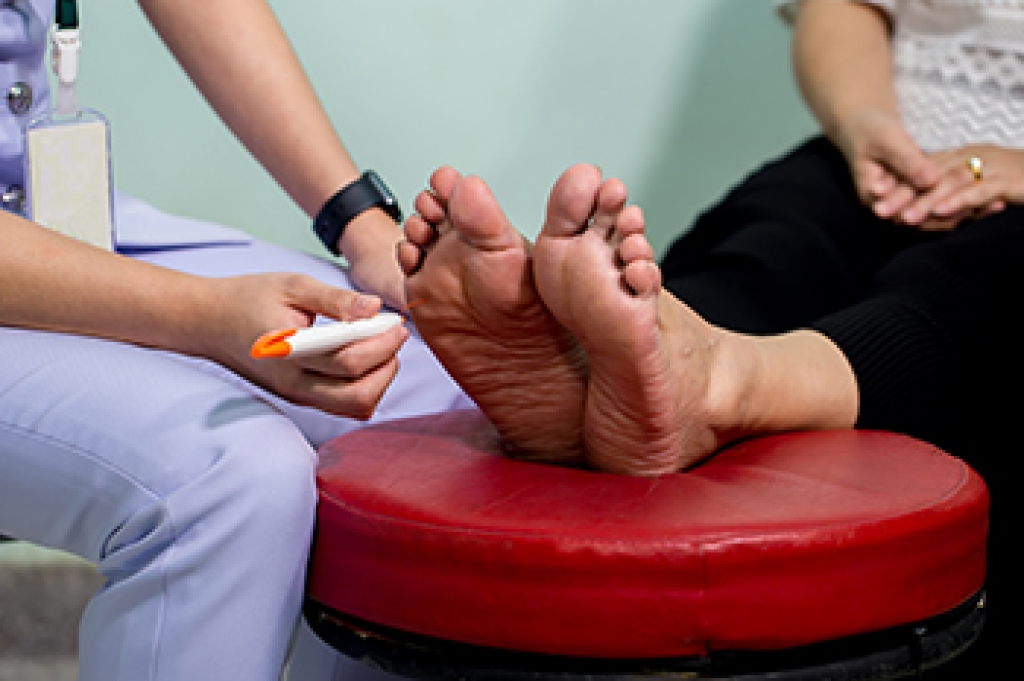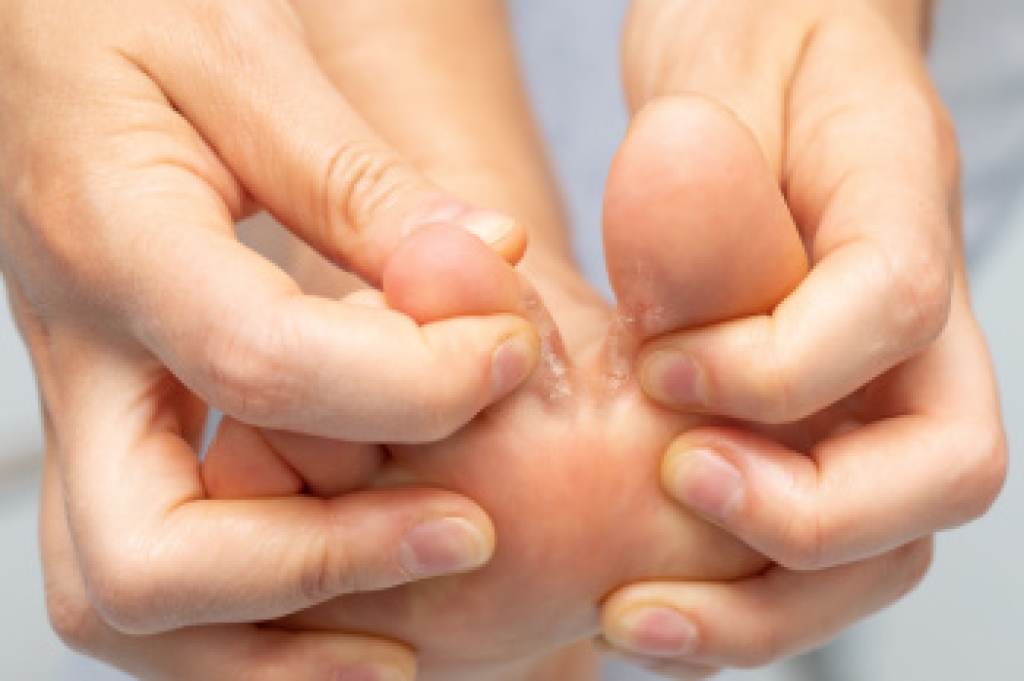
Selecting the right footwear is essential for healing a foot stress fracture and preventing further injury. Opt for shoes that provide ample cushioning and support to reduce impact and distribute weight evenly across the foot. Look for options with a rigid midsole that offers stability and minimizes excessive movement, which can aggravate the fracture. Avoid high heels and shoes with a narrow toe box, as these can place additional stress on the foot and hinder recovery. Additionally, shoes with adjustable closures or custom orthotics can help accommodate swelling and offer a better fit. Prioritizing comfort and support over style is important during the healing process to ensure proper recovery and prevent future complications. If you have endured a foot stress fracture, it is suggested that you consult a podiatrist who can offer you correct relief and treatment methods, which can include what type of shoes to wear for optimal healing.
Stress fractures occur when there is a tiny crack within a bone. To learn more, contact one of our podiatrists from APEX Foot & Ankle Center. Our doctors can provide the care you need to keep you pain free and on your feet.
How Are They Caused?
Stress fractures are the result of repetitive force being placed on the bone. Since the lower leg and feet often carry most of the body’s weight, stress fractures are likely to occur in these areas. If you rush into a new exercise, you are more likely to develop a stress fracture since you are starting too much, too soon. Pain resulting from stress fractures may go unnoticed at first, however it may start to worsen over time.
Risk Factors
- Gender – They are more commonly found in women compared to men.
- Foot Problems – People with unusual arches in their feet are more likely to develop stress fractures.
- Certain Sports – Dancers, gymnasts, tennis players, runners, and basketball players are more likely to develop stress fractures.
- Lack of Nutrients – A lack of vitamin D and calcium may weaken the bones and make you more prone to stress fractures
- Weak Bones – Osteoporosis can weaken the bones therefore resulting in stress fractures
Stress fractures do not always heal properly, so it is important that you seek help from a podiatrist if you suspect you may have one. Ignoring your stress fracture may cause it to worsen, and you may develop chronic pain as well as additional fractures.
If you have any questions please contact our offices located in Fort Myers, Shellpoint, and Naples, FL . We offer the newest diagnostic and treatment technologies for all your foot and ankle needs.



 Athlete's foot
Athlete's foot